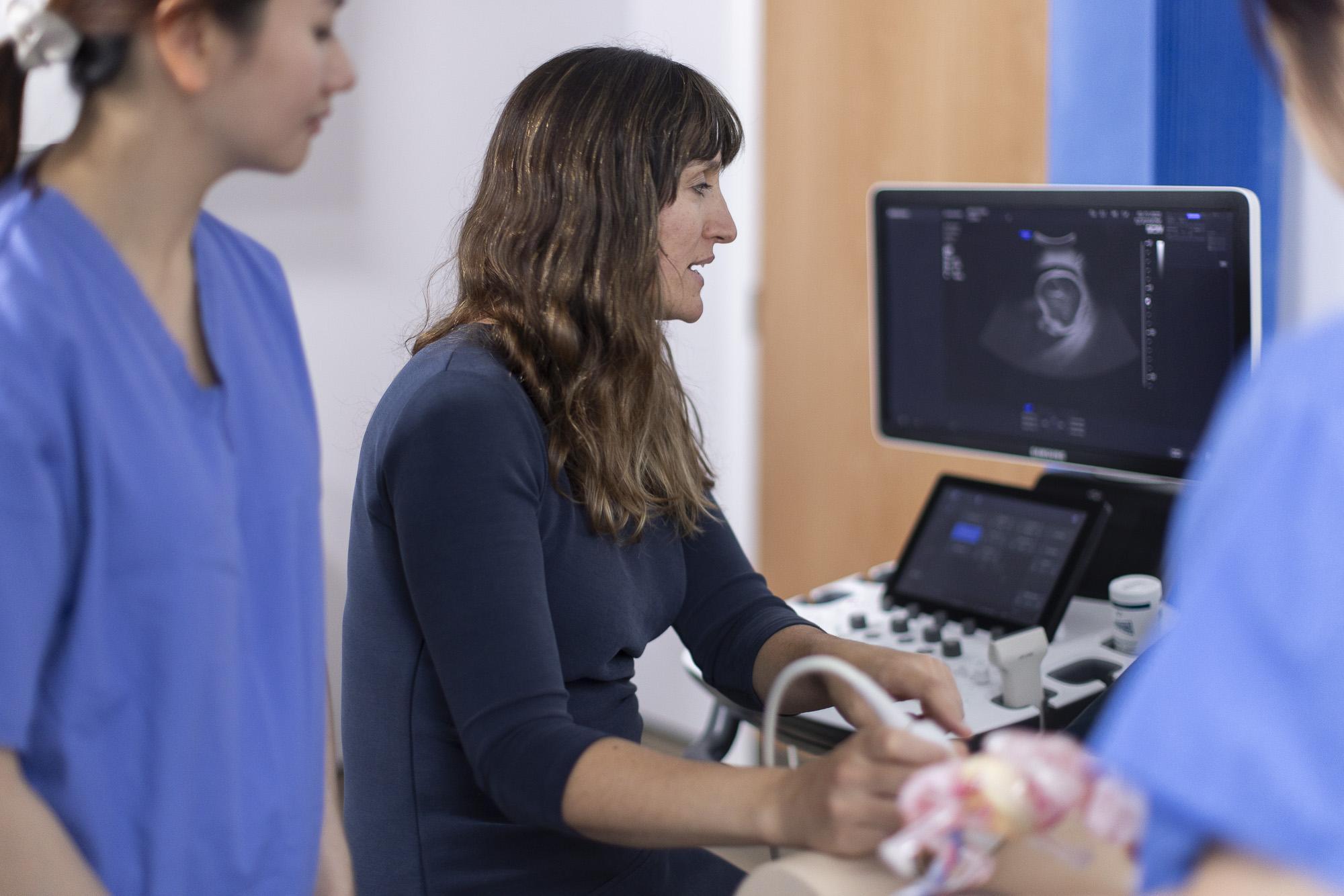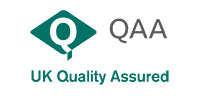Overview
Medical ultrasound has become an essential part of investigative healthcare, used to support a variety of medical professionals including radiographers, physiotherapists, chiropractors, podiatrists, nurses, midwives and doctors.
This postgraduate degree course will give you an understanding of the science and instrumentation of ultrasound to produce optimum images, with safety and quality assurance to make sure you lead with best practice.
Developed by experts from the University College’s School of Health and Rehabilitation Sciences our course has been created to be part-time, so you can gain your new qualification while you work. You’ll be taught by actively practising practitioners and highly-qualified academic staff, through professional development, experiential learning and reflective practice, tutorials, workshops, practical clinical skills classes, seminars, small group work, and lectures.
The course consists of three progressive levels, with an exit qualification at the end of each if you want to finish early, allowing you to tailor a learning experience that’s right for you.
For general questions on the MSc Medical Ultrasound qualification or to register your interest in the course, please use the contact form below.
Please note: This course is Subject to periodic review.
Course Details
Our MSc Medical Ultrasound, developed by experts from the University College’s School of Radiology, will give you the specialist knowledge, plus all the advanced clinical and practical skills needed for ultrasound practice.
This Medical Ultrasound Postgraduate course is accredited by CASE for six years from February 2018.
With our expertise you will develop an understanding of the science and instrumentation of ultrasound in order to produce optimum images, with safety and quality assurance to make sure you lead with best practice.
You’ll be taught by actively practising practitioners and highly-qualified academic staff, who will guide you on your educational journey through professional development, experiential learning and reflective practice, tutorials, workshops, practical clinical skills classes, seminars, small group work, and lectures. Private study will form a significant part of your learning; reading and researching and preparing presentations and assignments, spending roughly an average of 8 hours per week study time.
A limited number of supervised clinical placements in Upper Limb, Lower Limb and Hip are available at our Ultrasound Clinic which are allocated on a fist come first served basis.
Placements are at the discretion of the Head of School of Radiology and are reviewed each year. They are charged as an additional cost to the course fee. Clinical placement students should expect to attend 1 – 3 placement days per month for each skills-based unit, for a period of at least 5 – 6 months.
Please review the course specification to view all units offered.
To earn your degree in MSc Medical Ultrasound, you’ll need a total of 180 Master’s level credits. Usually, you’ll aim to gain 60 credits a year – at the end of stage one, you’ll qualify for a PgCert (60 L7 credits), at stage two you’ll qualify for a PgDip (120 L7 credits), and finally an MSc at the end of stage three (180 L7 credits). Don’t be put off if you think this is too much or too little, as you’re encouraged to go at your own pace so you can do more or less than this in one year, depending on what suits you.
Even if your circumstances change and you cannot commit to the full 3 years of study, you will get the chance to earn a qualification at multiple exit routes. If you successfully complete stage one, you’ll qualify for a PgCert (60 Level 7 credits), at stage two you will qualify for a PgDip (120 Level 7 credits), and finally an MSc at the end of stage three (180 Level 7 credits).
We recommend that you don’t take on more than 40 credits a year in one of our clinical application units due to the practical-skills workload involved. We want to make sure that you are comfortable and able to complete the workload that you take on at a reasonable pace.
To get a picture of the curriculum check out a list of units below, or should you need more information about each module’s aims, content and assessment structure, just take a look at our Course Specification.
Please Note: Overseas Students requiring a Student Visa to undertake the MSc Medical Ultrasound course should note that AECC University College is not able to sponsor them, and will therefore not be able to consider them for a place of study. More information on permission to study in the UK can be found on our Visas and Immigration page.
Please note: MSc Medical Ultrasound is currently subject to periodic review
Unit Breakdown
Year 1 - PgCert Stage 
Units
You have control over what units to take. All units have Level 7 Credits assigned to them. You will need to pick units that total 60 Level 7 Credits for the PgCert. Along with completing the mandatory unit Science and Instrumentation of Ultrasound (20 credits), you’ll be able to select from a series of skills-based and non-skills based units to make up the remaining 40 credits. At least one of the optional units selected must be from the Optional Ultrasound Skills-based units list.
Optional Ultrasound Skills-based Units
- Upper Limb Ultrasound
- Lower Limb Ultrasound
- Hip Ultrasound
- Soft Tissue Ultrasound
- MSK Ultrasound Guided Injections
- Gynaecology Ultrasound
- 1st Trimester Ultrasound
- 2nd and 3rd Trimester Ultrasound
- Superficial Structures Ultrasound
- Negotiated Ultrasound Skills
- Abdominal Ultrasound
Non-application specific optional units
- Work-based Practice
- Evidence-based Practice
- Current Advances in Practice
- Structured Learning Event
Year 2 - PgDip Stage 
Units
For the PgDip Stage of your degree, you get to choose from any of the units that you did not complete during the previous PgCert Stage (Year 1). All units have M Level Credits assigned to them. You’ll need to pick units that total 60 M Level Credits for the PgDip.
Year 3 and 4 - Masters Stage 
Units
For your final stage of the MSc Medical Ultrasound, you can pick between two unit groups. Research Methods and Dissertation or Audit Methods and Clinical Audit.
Entry Requirements
What qualifications do I need? 
What qualifications do I need?
You’ll need a recognised professional qualification or a first degree in a relevant healthcare subject (minimum 2:2). Examples of these are; General Medicine, Physiotherapy, Radiography, Osteopathy, Chiropractic, Sports and Exercise Medicine, Nursing. Together with registration from a professional body e.g. GMN, NMC, HCPC etc.
If you have an undergraduate degree that’s not listed, it may still be considered. Talk to Admissions team by completing the form below or call them on 01202 436200.
Is there anything else that is required? 
Is there anything else that is required?
When you apply you should also include a Clinical Workplace Agreement (completed by the workplace supervisor/mentor, if they require this as a word.doc please ask them to email admissions@aecc.ac.uk), just to make sure you can meet all the clinical requirements of the course. A limited number of placements are available at the School of Radiology should you be interested; please contact admissions for further details and this will be reviewed by the Course Team. Please note that this is charged at an additional cost to the course fee. Speak with our School of Radiology team for prices, dates, and further details.
If you live in the UK, we may need a satisfactory Disclosure and Barring Service (Enhanced DBS) check*. It’s standard for all UK students and we’ll be there to guide you through the process once you’ve applied.
*DBS requirement only applies to MSc Medical Ultrasound students who are undertaking a placement at an AECC University College on-site clinic.
Find our Place agreement document on our Statements & Agreements page.
How do I apply? 
How do I apply?
Applications for MSc Medical Ultrasound are now open, please follow the above ‘Apply Now’ button to our application portal.
If you’re not sure about anything listed here, talk to our Admissions team on the form below or call us on 01202 436200 and we’ll be happy to answer any questions you have.
For more information about our admissions policies and procedures, including our Admissions Complaints and Appeals Policy, see latest policies.
International Students 
International Students
If your qualification is not listed here, please take a look at our international entry requirements page or get in touch with our admissions team on the form below. Please note, to be accepted onto this course; you will also need to demonstrate that you meet the minimum standards of English. For further information on English language requirements, please see the dedicated English language requirements page. More information on permission to study in the UK, can be found on our Visas and Immigration page.
Still have questions about applying?
Course Fees
Our current entry course costs for the MSc Medical Ultrasound part time course are per annum and are shown below.
UK/ROI/Channel Islands
2023/24
- Yearly fees are based on the number of credits that you wish to undertake per academic year. 60 credit points (3 x 20 credit units) the fee would be £3,910 per annum.
2024/25
- Yearly fees are based on the number of credits that you wish to undertake per academic year. 60 credit points (3 x 20 credit units) the fee would be £4,104 per annum.
International
2023/24
- Yearly fees are based on the number of credits that you wish to undertake per academic year. 60 credit points (3 x 20 credit units) the fee would be £6,516 per annum.
2024/25
- Yearly fees are based on the number of credits that you wish to undertake per academic year. 60 credit points (3 x 20 credit units) the fee would be £6,840 per annum.
Please note: These fees are for the 2024-25 academic year only and may be subject to increase in subsequent years of study. Any increase will be in line with our Tuition Fees Policy but will not be more than 5%.
Note: For students to be eligible for funding from Student Finance England, they must be studying on an eligible course at a provider registered with the Office for Students (OfS). AECC University College is registered with the OfS. View the register and search for AECC University College.
Additional course costs
Your tuition fees will cover the cost of all mandatory elements of your course. There are additional course related costs that are not included in the tuition fees, including details of the fees for clinical placements undertaken. You will need to budget for theses costs when you plan your spending.
For more information see Additional Costs page.
Visit our student finance pages for more information on:
Register your Interest
Register your Interest / Enquiry 
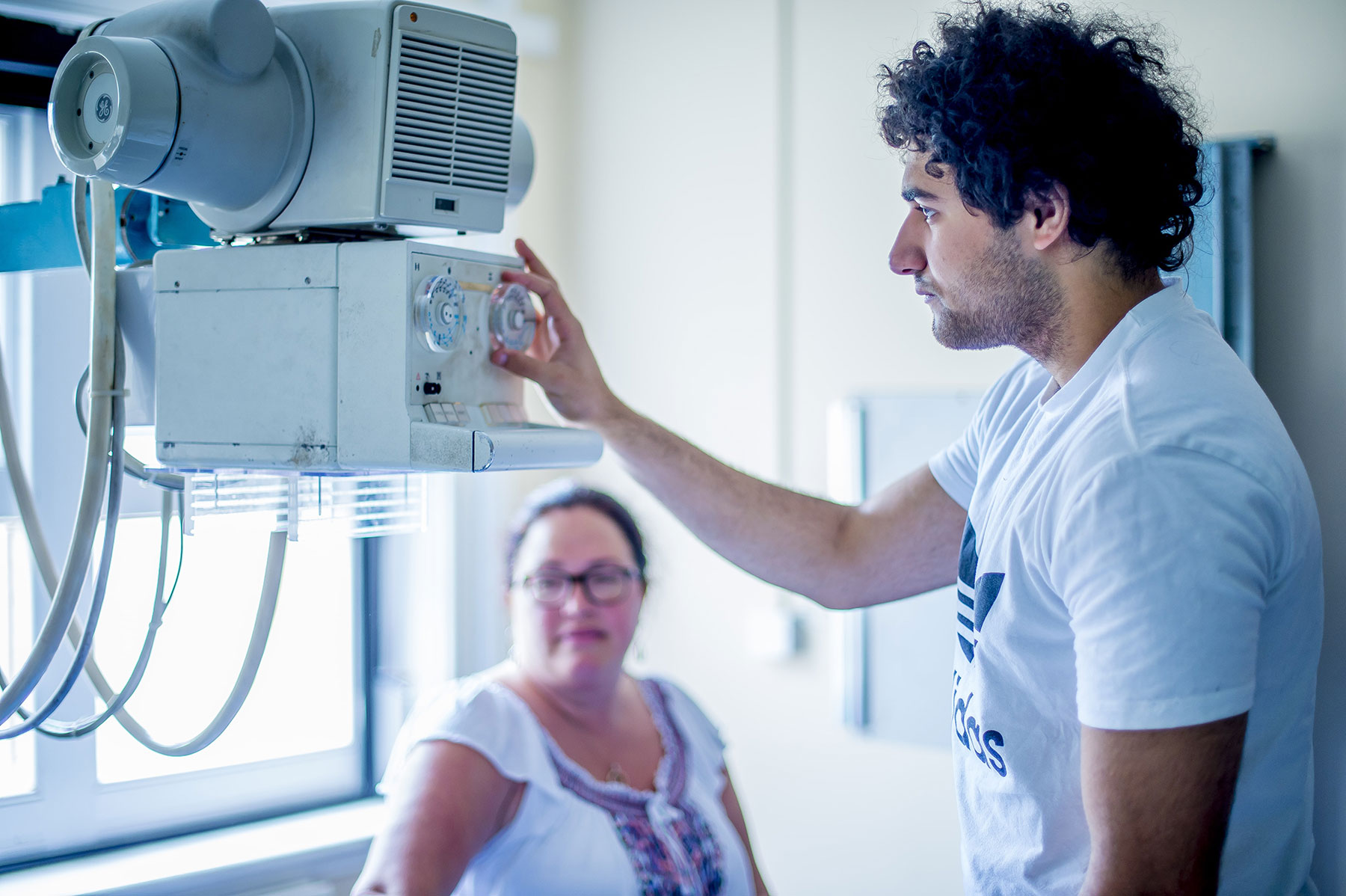
Why choose AECC University College
There are many benefits to studying at AECC University College, from our expertise and history in teaching health sciences, to our state-of-the-art facilities, on-site clinical training, and of course our location on the beautiful Bournemouth coast.
Latest News
Discover and read all the latest news, press releases and happenings here at AECC University College.
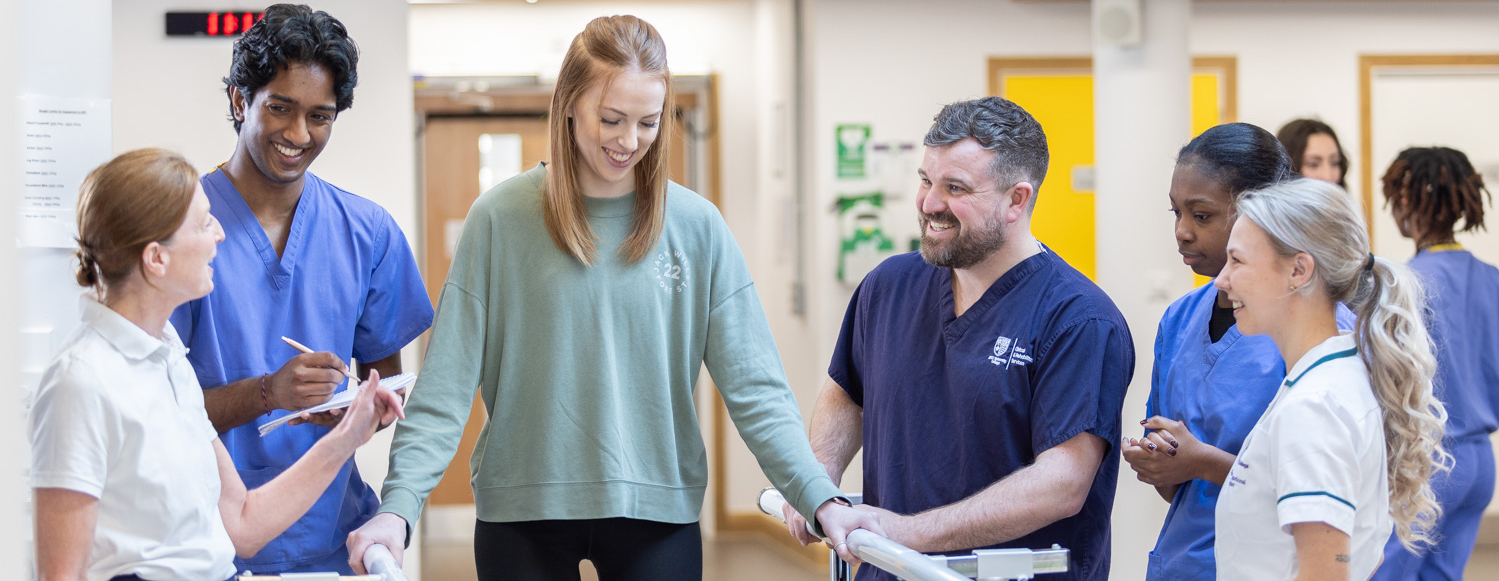
This year, Chiropractic Awareness Week (CAW), 22nd-28th April, is all about raising awareness and speaking up for the chiropractic profession, to build understanding and recognition about the value and expertise that chiropractors bring to their local communities. This year’s theme is ‘Making Chiropractic Integral: Building connections and nurturing a community with the people and places that matter to you.’
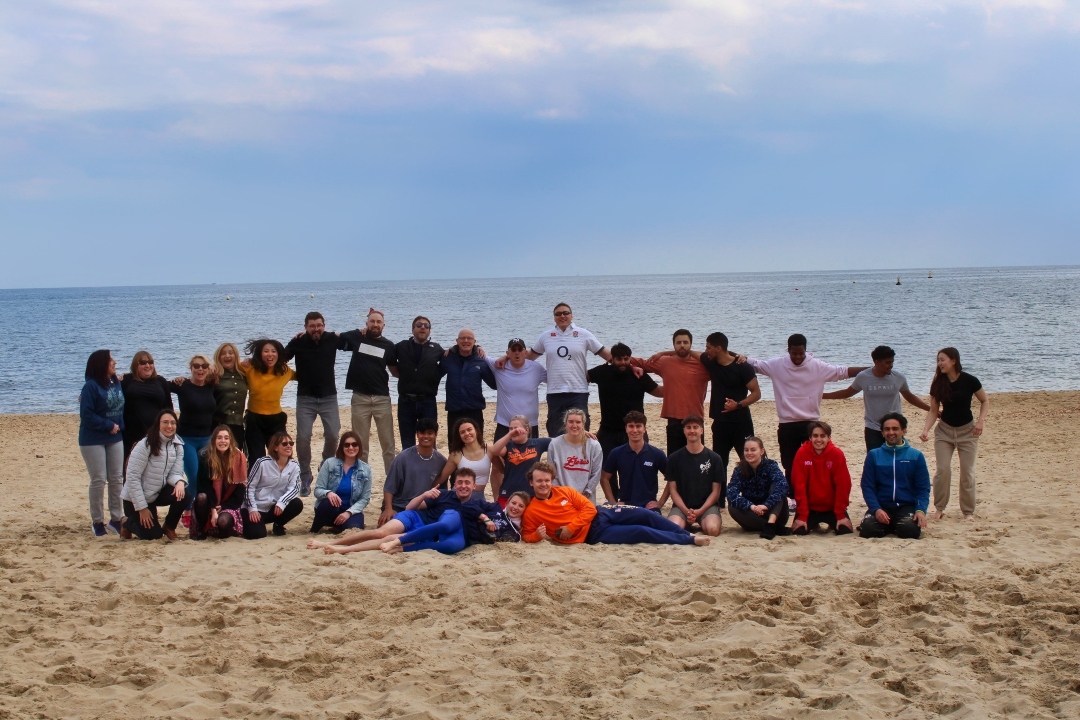
On Wednesday 24th April, we held our first AECC University College ‘Staff vs. Students Sports Day’! It took place on Boscombe Beach, and what a great afternoon it was! Staff and students took part in sporting games, including tug of war, sprinting, the three-legged race, and dodgeball.
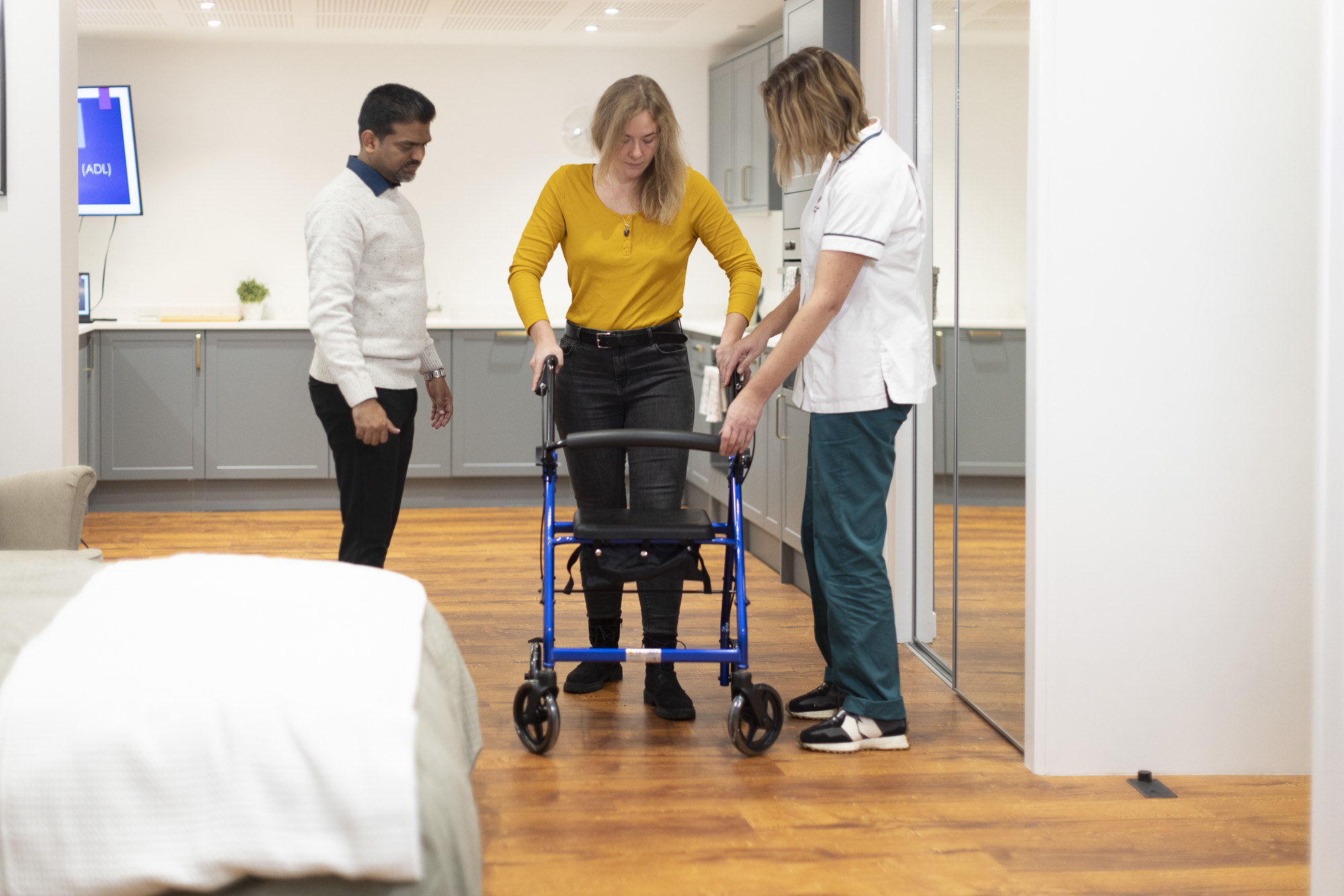
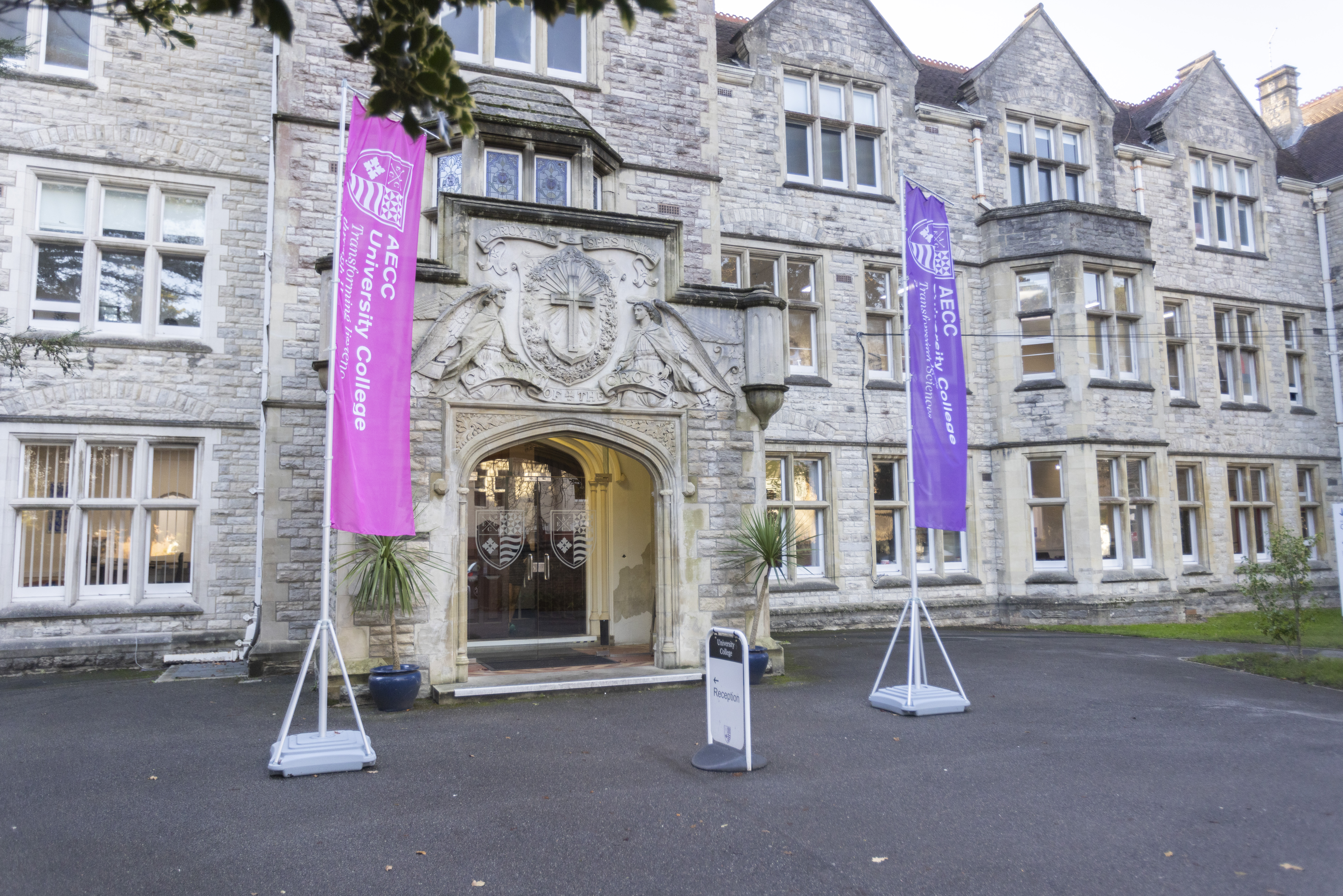
On Thursday 23rd May 2024, AECC University College will be inviting students, staff, alumni and members of the public to attend an evening lecture by Professor Richard Brown.

Brooke Ironside, age 20, is currently ranked third in Europe for the under 23 years 200 metres. She tells us how she juggles studying with training in her own words…
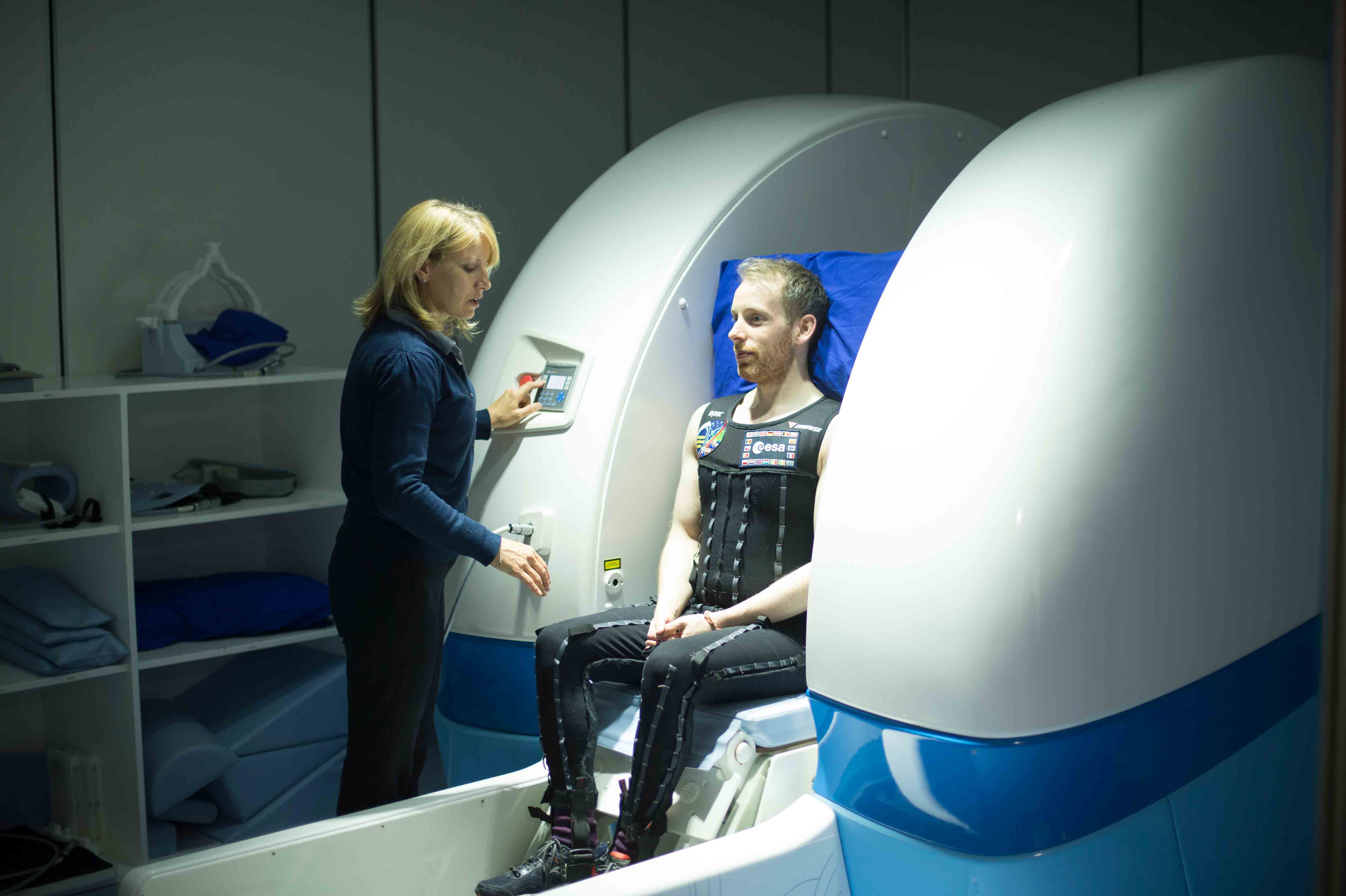
Stephen Bradley recently visited Clinical and Rehabilitation Services at AECC University College for a scan in our Open Upright MRI scanner.
